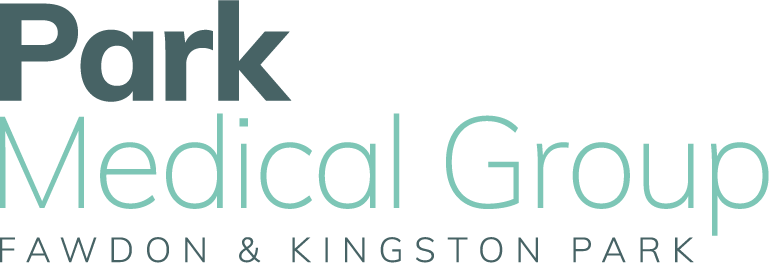About Your Annual Health Check
Health checks for people with learning disabilities and their families
What is an annual health check?
It’s a special appointment with a Doctor or Nurse each year. You can bring your parent, carer, or friend with you.
The Doctor or Nurse will ask questions about your health, and you can tell them about anything that is worrying you or hurting you.
By getting to know you and your life better, your Doctor or Nurse can offer advice to help you stay fit and well.
Anyone 14 or older will be invited for a free health check every year, usually around your birthday.
You have been invited because we want to keep you healthy and happy.
How does it help?
People with learning disabilities can sometimes get really poorly when they are ill.
A yearly health check helps your Doctor or Nurse understand your health. By knowing how you usually are, they can spot any problems early.
It’s always best to find problems early so they can be treated and you can stay well.
This video helps to explain this.
How to book your appointment
Your parent, partner or carer can help you book your appointment.
If there is anything that would make your appointment easier, like giving you more time or coming in when it is quiet, please let your practice know when you book. They will always help if they can.
What happens when you arrive?
The first thing to do is let us know you have arrived. You can use our computer check-in screen or speak to a Receptionist. If someone is with you, they can do this for you.
If there is anything we can do to make your visit easier – like somewhere quiet to wait, knowing if the Doctor or Nurse is running late or which room to go to, please let us know. We can note your needs on our records, so we will always know when you come in.
When it’s time for your appointment, your name will come up on the waiting room screen, along with which room to go to. Let one of the team know if you need help finding or getting to the room.
What happens at your appointment?
Here are some things the Doctor or Nurse might ask you about:
• Any medicine you take
• If you smoke
• If you drink alcohol
• What sorts of things you eat
• Any exercise you do
• Looking after your teeth and going to the dentist
• Having your eyes tested at the opticians
And some things the Doctor or Nurse might ask you to do:
• Stand on scales to be weighed
• Have your height measured
• Have your blood pressure taken by a blow-up cuff being put on your arm
• Have a small sample of blood taken with a needle
• Give a urine (wee) sample
The Doctor or Nurse should explain what they are asking you to do and check you are happy to do it. You can say no or stop at any time.
These two documents can help you get ready for your health check.
What happens after?
If everything is fine, you can return for another check next year.
Remember, if you get ill before your next health check, please don’t wait – get in touch with us as soon as possible.
If your Doctor or Nurse notices any problems, they might suggest you make an appointment with someone else who can help.
This might be for tests, treatment or someone who can offer you and your family extra support.
One of these people could be a Social Prescribing Link Worker or SPLW.
SPLWs help people to live as independently and happily as possible. They can offer advice on benefits, support packages, respite care or equipment to help you.
Social Prescribers will talk to you about your life and things you like to do, help you find groups and activities you will enjoy, and give you the support you need.
Another person might be a Health and Wellbeing Coach, or HWBC. They are experts in helping you lead a healthy life.
You can talk to them about difficult things or changes you would like to make. They can help you eat the right things and get active to keep you fit and well.
If you have a health action plan or health passport, we can make sure the information is up to date and that all your needs and preferences are on your patient record.
That way, when you next come for a health check or use another NHS service, the staff will know how to help you.
Easy Read Health Guides
Click or tap each button to read more.
A new film that focuses on screening for women with learning disabilities
Breast screening for women with learning disabilities
This is a British Sign Language (BSL) version of the NHS ‘Help Us Help You’ Breast Screening campaign film
